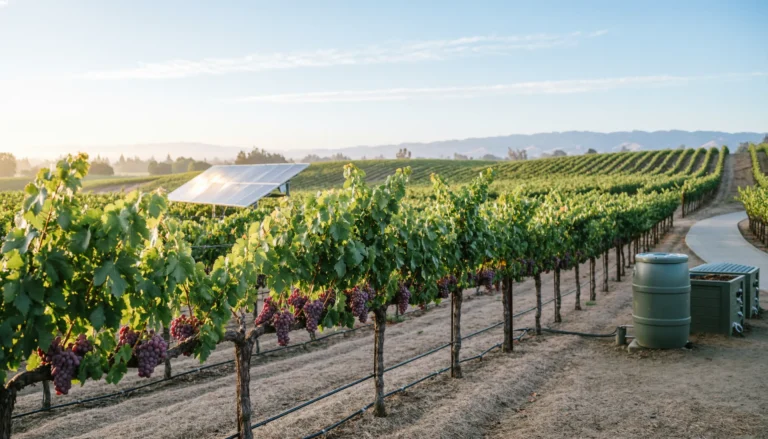
Transforming how our ingredients are grown is crucial to protecting soil, conserving water, restoring ecosystems, and building a resilient supply chain. We are working with farmers and partners to expand regenerative agriculture across 1 million hectares of land.
Our commitment to regenerative agriculture aims to make a lasting impact by benefiting nature and strengthening our supply chains. As of August 2024, we have 25 projects underway, covering nearly 350,000 hectares. Our Nutrition business group leads these efforts, targeting 650,000 hectares by 2027, representing about half of our Nutrition division’s land footprint.
Agriculture plays a fundamental role in our business, providing the raw materials for many of our products. Globally, 38% of land is used for farming, significantly impacting the environment. Agriculture and land use are responsible for two-thirds of the food system’s greenhouse gas emissions, which make up one-third of global emissions. Furthermore, agriculture accounts for 72% of the world’s surface and groundwater usage, straining water-scarce regions.
It’s evident that farming practices need to evolve—for both environmental sustainability and business resilience. Our sustainability goals reflect this shift, aiming to implement regenerative practices across 1 million hectares by 2030. These efforts are part of our broader Climate Transition Action Plan, where regenerative agriculture plays a key role.
This farming approach can reduce on-farm emissions and help sequester carbon dioxide in the soil, increasing climate resilience. Collaborating with partners and suppliers, we have made significant strides in regenerative agriculture, already reaching 350,000 hectares in active contracts.
Since launching our Regenerative Agriculture Principles in 2021, we have been working with farmers to implement cover crops, crop rotation, reduced tillage, and natural fertilization. These efforts have delivered promising results. In Iowa, we’ve helped reduce nitrate pollution and improve soil quality in soy farms. In Spain, our work with tomato farmers has reduced greenhouse gas emissions by a third per kilogram of tomatoes while conserving vital water resources.
We are focusing on two key strategies to scale our impact: establishing shared goals and strengthening partnerships. Collaboration with farmers and suppliers is essential to implementing regenerative practices at scale. “Our partnership with Unilever demonstrates the benefits of long-term projects shifting from sustainable sourcing to regenerative agriculture—improving soil health while reducing emissions,” says Manuel Vázquez Calleja, CEO of Group Conesa, a key tomato supplier in Spain.
We work with implementation partners to create customized transition plans for farmers, offering equipment, education, and support. Our network of regional partners across Latin America, Europe, and the U.S. provides agronomic expertise to help farmers adopt these practices.
Policy advocacy is another critical component of our strategy. We are actively promoting the inclusion of food agriculture in climate action plans at both national and international levels. Partnerships with governments and industry leaders are key to shaping regulations that mitigate risks for farmers and offer financial incentives for regenerative agriculture.
Through collaboration and advocacy, we aim to build agricultural resilience and ensure a more stable, sustainable food supply chain for the future.




